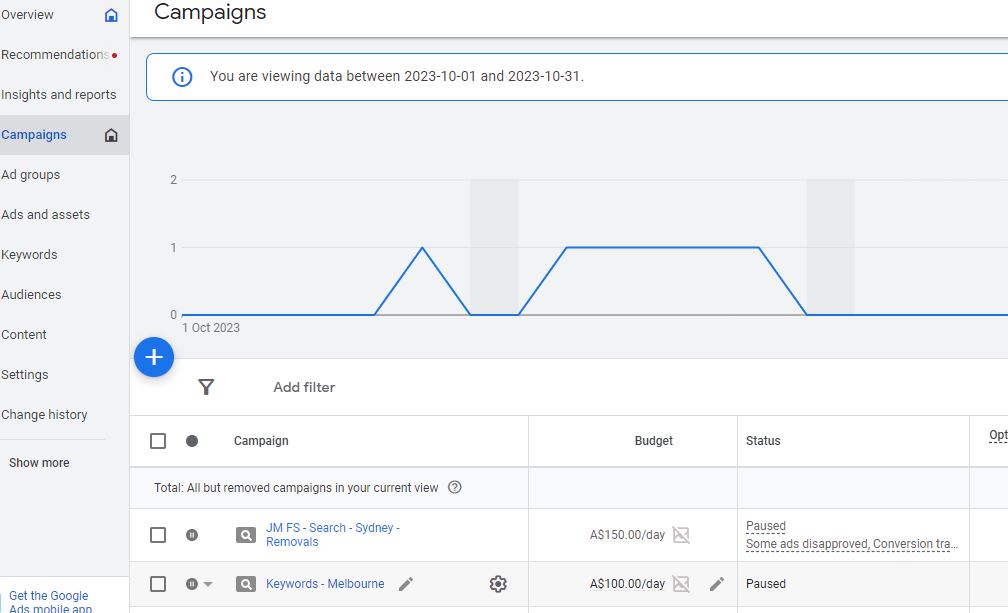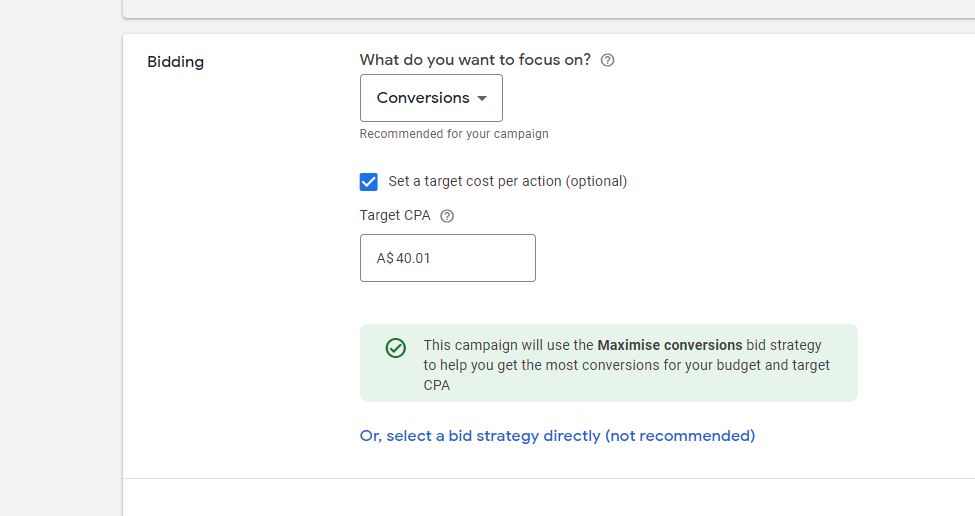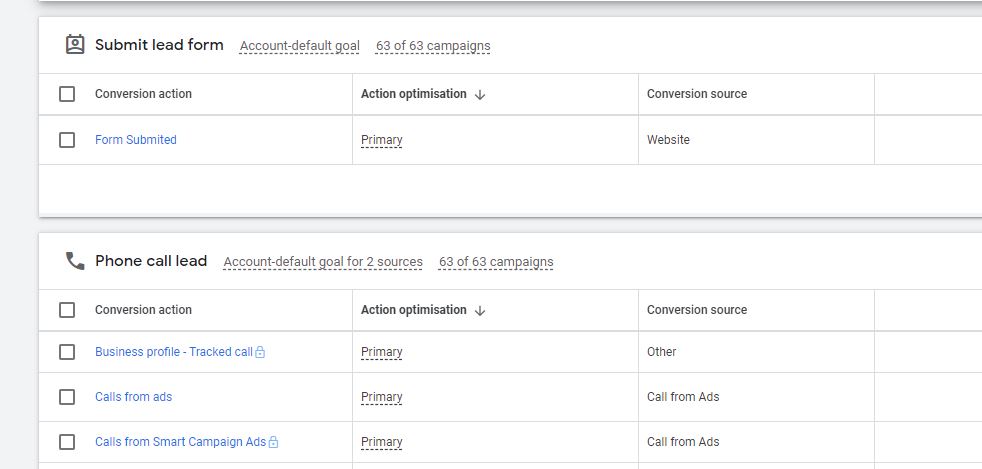In the ever-evolving landscape of digital marketing, Google Ads stands out as a critical tool for businesses aiming to maximize their online presence. Among its numerous features, Smart Bidding has emerged as a game-changer, revolutionizing how advertisers manage their bids in real-time. This comprehensive guide delves into the intricacies of Smart Bidding, offering valuable insights into its implementation for optimal advertising success.

The Essence of Smart Bidding
Smart Bidding is a subset of automated bid strategies in Google Ads, utilizing machine learning to optimize for conversions or conversion value in each and every auction—a feature known as “auction-time bidding”. This technology allows advertisers to tailor their bids based on a myriad of signals, including device, location, time of day, language, and operating system, providing a level of customization and precision that manual bidding cannot match.
The Core Components of Smart Bidding

At the heart of Smart Bidding are several key strategies. These include Enhanced Cost Per Click (ECPC), which adjusts your manual bids to help you get more conversions; Target Cost Per Acquisition (CPA), focusing on acquiring new customers at a specified acquisition cost; Target Return on Ad Spend (ROAS), which aims at achieving a target return; and Maximize Conversions, which seeks to get the most conversions within your budget. Each strategy serves different business objectives and requires careful consideration based on the specific goals and constraints of your campaign.
Setting Up for Success
Before implementing Smart Bidding, it’s crucial to have a solid foundation. Ensure that your Google Ads account is well-structured, with clear campaign objectives and accurate conversion tracking. Having a historical data of at least a few weeks is beneficial, as it allows the Smart Bidding algorithm to learn from past performance and make more informed bidding decisions.
Transitioning to Smart Bidding
When switching to Smart Bidding, it’s advisable to start with one campaign to monitor the impact. Choose a campaign with a substantial amount of conversion data to allow the algorithm to perform effectively. It’s also important to set realistic targets. For instance, if using Target CPA, set a CPA goal that is aligned with your historical data to avoid disrupting the campaign’s performance.
One of our clients Optima Cleaners, who run their Google Ads for over a year with us promoting their cleaning services were hard to convince to Smart bidding. Running their campaigns for years they got used to Manual CPC and it took us some time to convince them, that smart bidding strategies bring better ROI. We stared with changing bidding strategy for just one search campaign and gradually expanded. Within 2 months Optima cleaners account saw 7% improvement of their conversion rate!
The Role of Conversion Tracking

The efficacy of Smart Bidding is heavily reliant on robust conversion tracking. Ensure that all desired actions, such as purchases, sign-ups, or downloads, are accurately tracked. This data is pivotal as it guides the Smart Bidding algorithm in optimizing bids towards actions that are most valuable to your business.
Understanding Bid Adjustments
While Smart Bidding automates bid adjustments at the auction level, advertisers still have control over certain aspects. Adjustments for devices and ad scheduling remain relevant, allowing for strategic alignment with business goals and audience behavior. However, it’s important to note that these adjustments should be used judiciously to not overly constrain the Smart Bidding algorithm.
Monitoring and Optimization
After implementing Smart Bidding, continuous monitoring is crucial. Regularly review performance metrics and compare them against your objectives. Look for trends in conversion volume and cost, and be prepared to adjust your targets and settings as needed. It’s important to give the algorithm time to learn and stabilize, which may take a few weeks.
Dealing with Fluctuations
Performance fluctuations are normal after switching to Smart Bidding, especially during the initial learning phase. It’s critical to resist the temptation to make frequent changes during this period, as it can disrupt the learning process. Instead, focus on long-term trends and overall performance improvements.
Advanced Considerations
For seasoned advertisers, Smart Bidding offers advanced options like seasonality adjustments and portfolio bid strategies. Seasonality adjustments are useful for periods with expected significant changes in conversion rates, such as sales or promotions. Portfolio bid strategies allow the use of a single shared budget across multiple campaigns, harmonizing bidding strategies across your account.
Embracing the Future of Bidding
Smart Bidding represents the future of bid management in Google Ads, harnessing the power of machine learning to deliver superior results. By understanding and implementing Smart Bidding effectively, advertisers can optimize their campaigns more efficiently, saving time and resources while enhancing performance.
In conclusion, Smart Bidding in Google Ads is a powerful tool that, when understood and utilized correctly, can significantly enhance the performance of online advertising campaigns. By taking a structured approach to its implementation and continuously monitoring and adjusting strategies, businesses can leverage Smart Bidding to achieve their digital marketing objectives more effectively than ever before.

